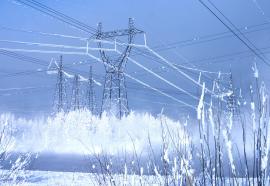Bourne Energy Break the Energy Barrier
Submitted by aburr on Wed, 2014-09-24 15:33Bourne Energy successfully field-tested the latest version of its BackPack Power Plant (BPP) portable hydropower system in a shallow remote river in the Pacific Northwest. A zero-fuel power generator of this size (one cubic meter) producing 600 W will help renewable energy move past the low energy density, low capacity factor and high cost barriers that have slowed the growth of renewable energy.



